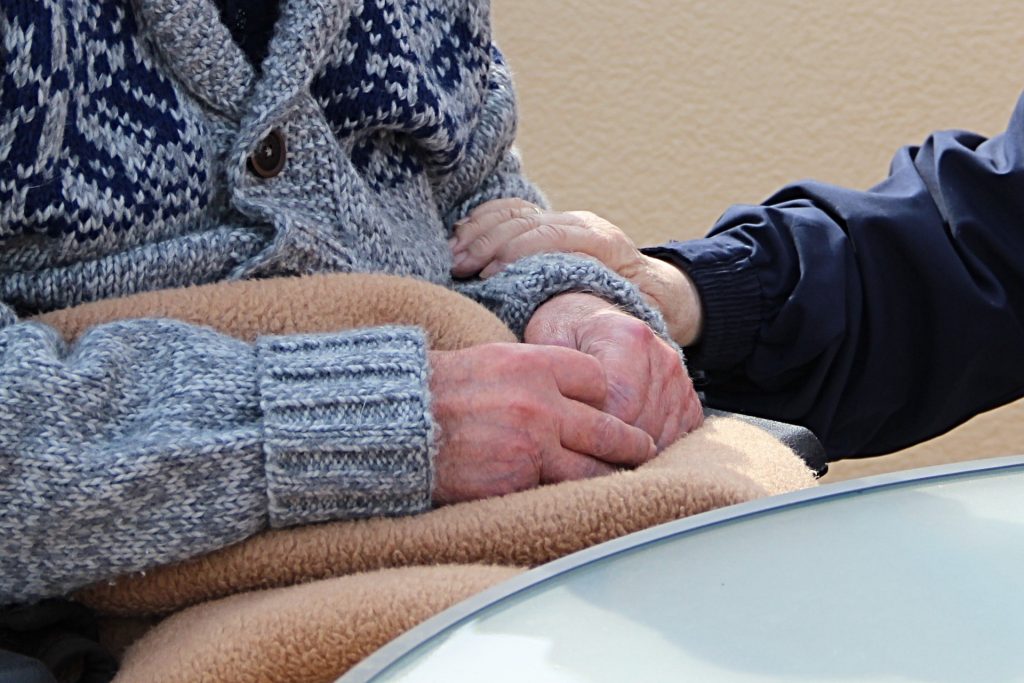If your loved one has suffered elderly abuse then not only do you want to stop the abuse, but your loved one may be entitled to financial compensation. However, only the abused person can consent to cooperate with filing a legal claim, and they may not want to because they are afraid. But you can take steps to file a lawsuit if you suspect there is abuse.
Speak to Management
All facilities that accept Medicare or Medicaid must abide by strict guidelines regarding reporting and resolving nursing home issues. Speak to management about the specific staff members that you fear are harming your loved one. Be sure to document if you notice any retaliation from the staff member or a worsening of conditions of care in your loved one.
If you feel the problem is within management, you file a claim with your state’s Adult Protective Services (APS). You can also file a complaint with the state licensing board that allows the facility to operate.
When to Call an Attorney
Immediately! You do not want to delay in seeking legal counsel. The abuse will not only continue but may get worse. Additionally, if you wait too long, the defense will claim that if the suspected patterns or events were so egregious, then you would have filed the suit sooner. You also risk any evidence being destroyed, as abusers try to hide what they’ve done. Wounds, too, can heal. Nowadays almost everyone has a camera on their phone, so whenever you see cuts or bruises on your loved ones in a nursing home, it’s a good idea to get a picture of them in case you need it later.
Additionally, many states have a statute of limitations on nursing home abuse. This means you have a limited amount of time during which you can file your claim. After that point, no court will hear your claim.
[ymal]
As soon as you witness any abuse you will need to report it. When you speak to your attorney, you will want to explain what steps you’ve taken thus far with management to find solutions to the issues. You will also want to provide the following:
- The names and titles of staff members
- Which staff members spend the most time with your loved one
- Incident reports
- Pictures you’ve taken of injuries or harm on your loved one's body
- Pictures of unsanitary or precarious conditions
Many attorneys who take on these kinds of cases also specialize in medical malpractice and personal injury cases and work on a contingency basis. Therefore, speak to your attorney if you have concerns about paying for legal counsel, but don’t delay because of the fear of attorney’s fees.
What an Attorney Can Do
Your attorney has the resources and the power to conduct an investigation into the claims you’ve made. They will also help you prepare a draft of the complaint and file it with the clerk’s office. In this complaint, you will have worked with your attorney to gather sufficient evidence to support your allegations. An attorney will know all the important deadlines, what paperwork you need to fill out, and what supportive documents you can get. You don’t want to miss out on making a claim before the statute of limitations runs out, though you should ensure you are up to date with nursing home abuse law before your claim is filed.





















